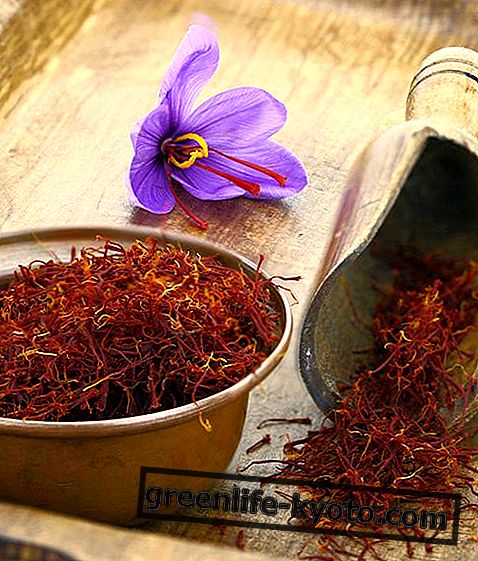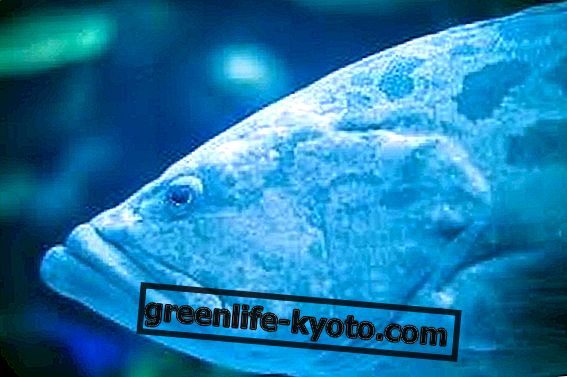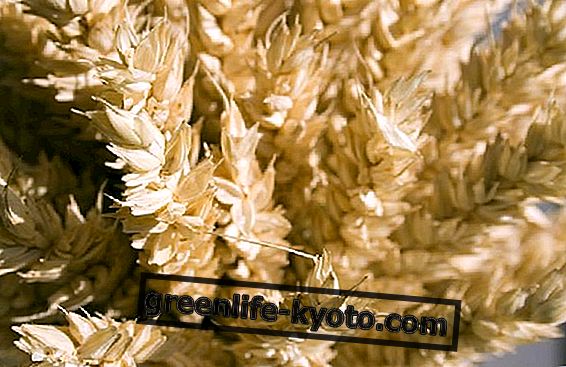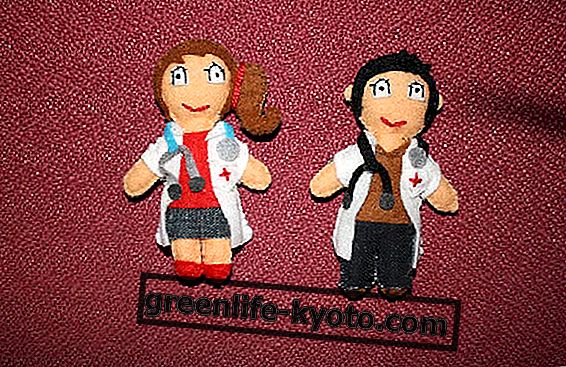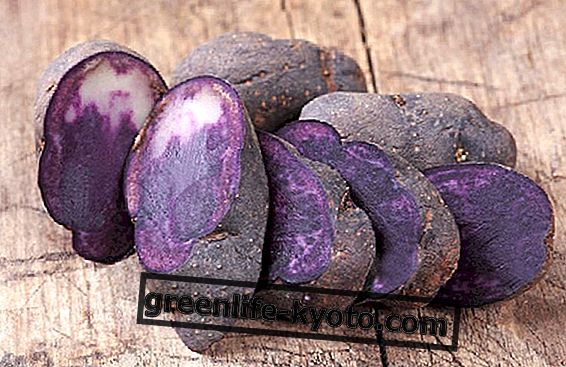
Article by Roberta Marzola
appeared on Strangely
Always used in ancient times, you have disappeared for almost a century. Hemp, hemp, why did you leave us? But the correct question is: why did we leave you? We left you because we were persuaded by the petrochemical producers that you are a drug. Although up until the 1930s you were only a medicine, even given to children. An excellent raw material for paper and clothes, ropes and sails for ships. A very easy plant to grow ...
Then the sailing was replaced by the steam one, then it was discovered that with tree paper more chemical solvents were used, and that it cost less. Then new plastic materials and paints were developed starting from oil ... and the game was done. The large industrial groups joined forces and carried out a pounding press campaign that lasted years, which managed to convince the population that "marijuana" (a term previously unknown, chosen ad hoc to skip the hemp-charity association) was a drug.
Thus, in 1937 prohibitionism began in the United States (which for some was the origin of immoderate consumption of cannabis cigarettes) and we gradually forgot, even in Italy, at that time one of the main producers, of how much cannabis was effective as a remedy almost free of contraindications for the most varied diseases (epilepsy, glaucoma, asthma, depression, headache ...), even for children.
We forgot how it was beneficial for the economy and the environment to recycle old hemp clothes to produce paper.
It was not yet known what damage the petrochemical industries would have produced, nor where it would have led to the indiscriminate use of wood; the undesirable effects of drugs were also ignored.
And here we are today: in the collective imagination it represents only a drug, while for our grandparents it was a friend of health. Hemp is no longer cultivated, it is no longer worked, so its derivatives cost a lot. And so, we can buy cosmetics or clothes made with hemp, but only in niche markets.
Hemp paper, on the other hand, is very difficult to find, while seeds - rich in nutrients, some of which are very rare - are just as rare. For cars, instead, like the one made in prototype by Henry Ford in the fifties, more functional than those in plastic and metal (it weighed a third less!), Nobody thinks about it anymore. And even less to hemp as a biomass, that is, as an energy source, as a heating fuel and as a transport fuel.
Fortunately, there are those who have returned to cultivating hemp, also stimulated by the recent subsidies of the European Community, and those who have succeeded in producing a substitute for cement precisely with cannabis! Who knows how many other uses (in addition to the many already studied and implemented) could be invented on the basis of this plant, so versatile that for the Hindus it was a gift from the gods: it emerged where they dropped a drop of nectar.
Then it is understood that the groups in the petrochemical sector are frightened by a return to hemp: they could disappear. The pharmaceutical and the doctor, on the other hand, would undergo a substantial restructuring.
But the water, the air and the earth would be raised by a big disposal effort. Indeed:
- hemp paper does not require sulfuric acids (the main pollutants of rivers), nor bleaches (which produce dioxin), nor the felling of trees (hemp crops, on the other hand, grow very fast and produce, for each acre cultivated, a quantity of cellulose 4 times higher than that obtained from wood);
- the hemp plant is fully exploitable, therefore it presents little waste, and in any case biodegradable or easily recyclable;
- hemp crops do not require pesticides and as a best fertilizer require fertilizer, they also adapt to arid and exploited soils; for every acre cultivated, they yield 2 to 3 times more than cotton;
- the hemp plants, properly sown, protect the growth of the new saplings without suffocating them, or, planted around the areas to be reforested, they create a protective belt against weeds. Reforesting means revitalizing the lungs of the earth but also restoring the water basins, currently ruined and at the origin of the emerging global water crisis.
Speaking of health effects deriving from an improvement in environmental conditions and drugs with reduced side effects is completely superfluous.
Because, then, we are fooling around looking for complicated eco-compatible solutions to the problems that plague our society (waste, air and water pollution, oil tanker accidents, oil wars, scarcity of drinking water, chemical residues from pesticides and fertilizers, new diseases ...), when the solution is, as often happens, the simplest?

